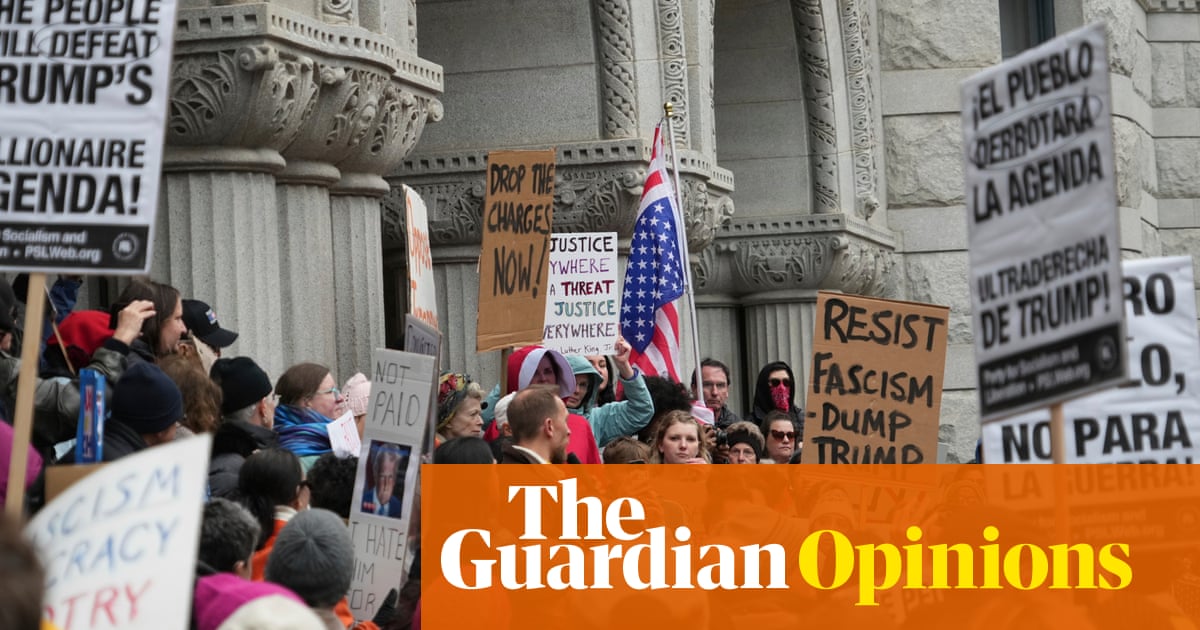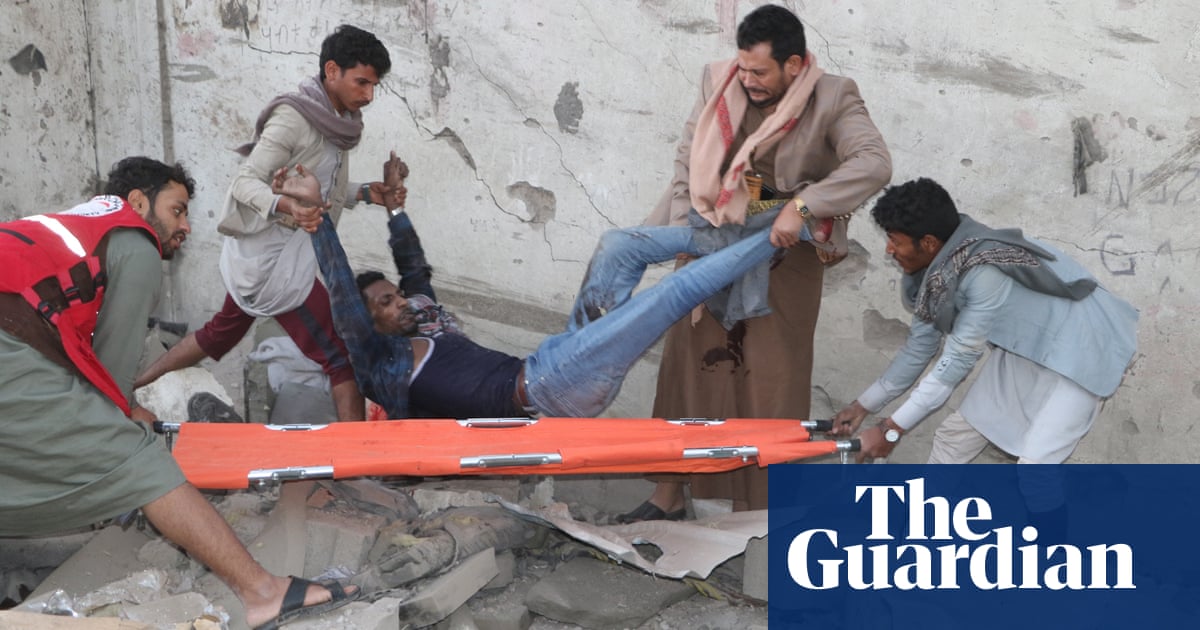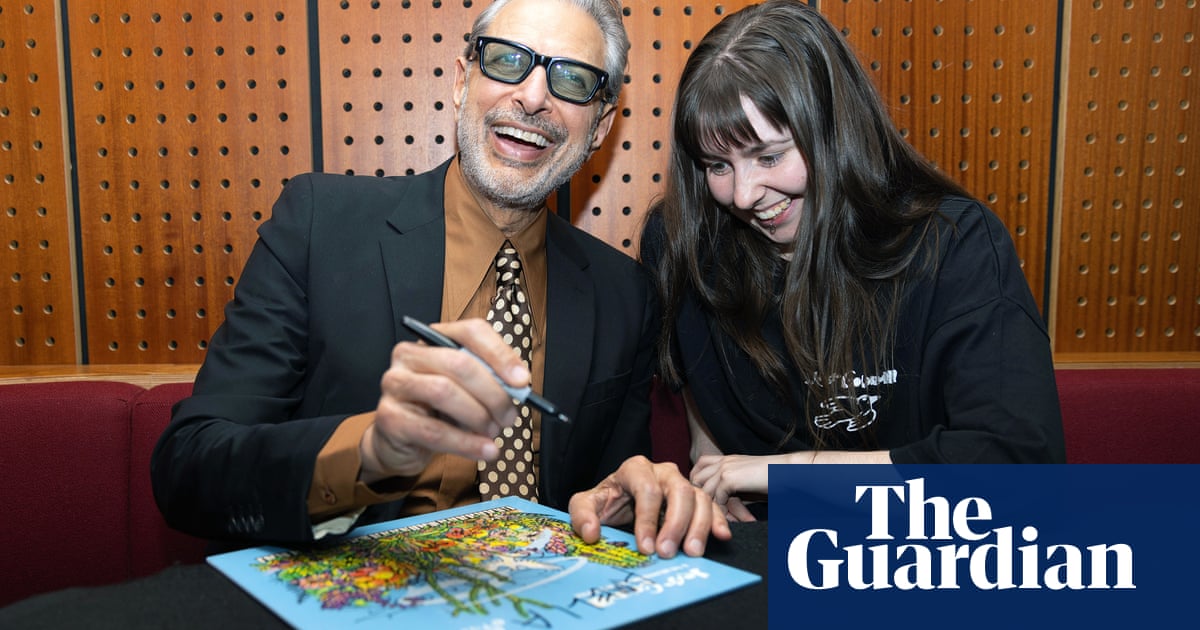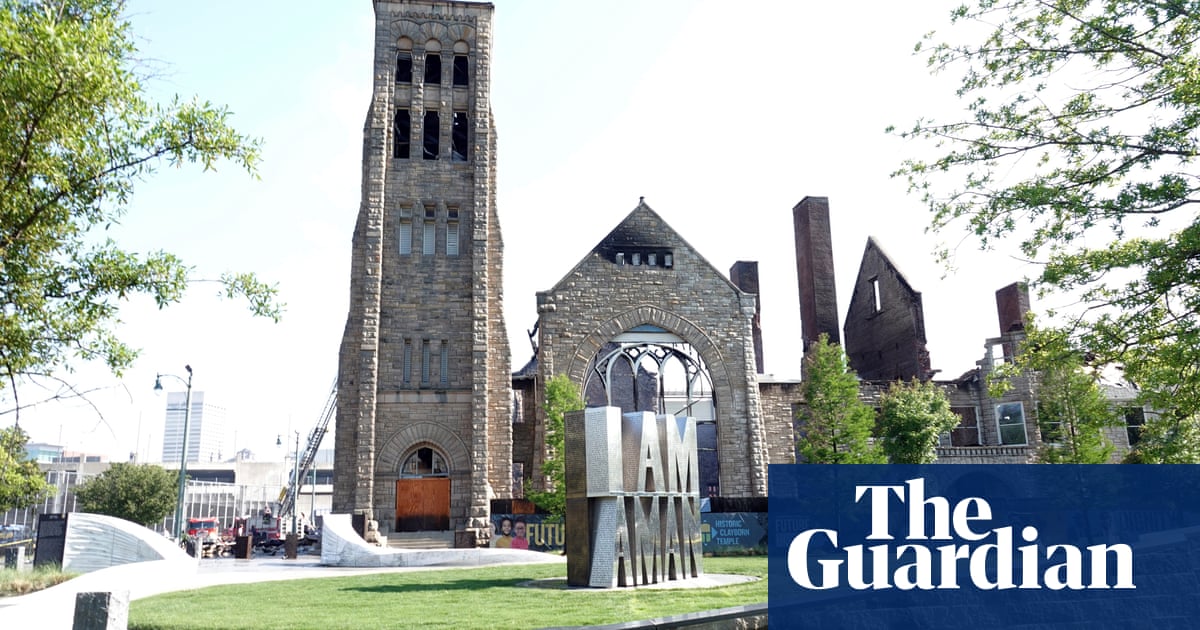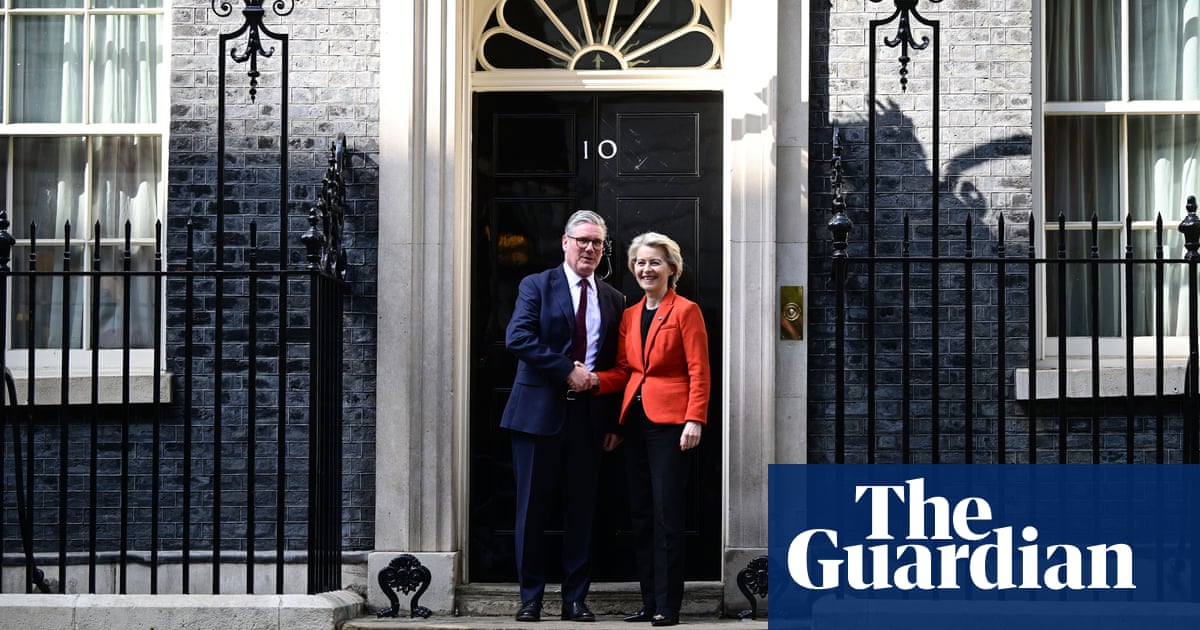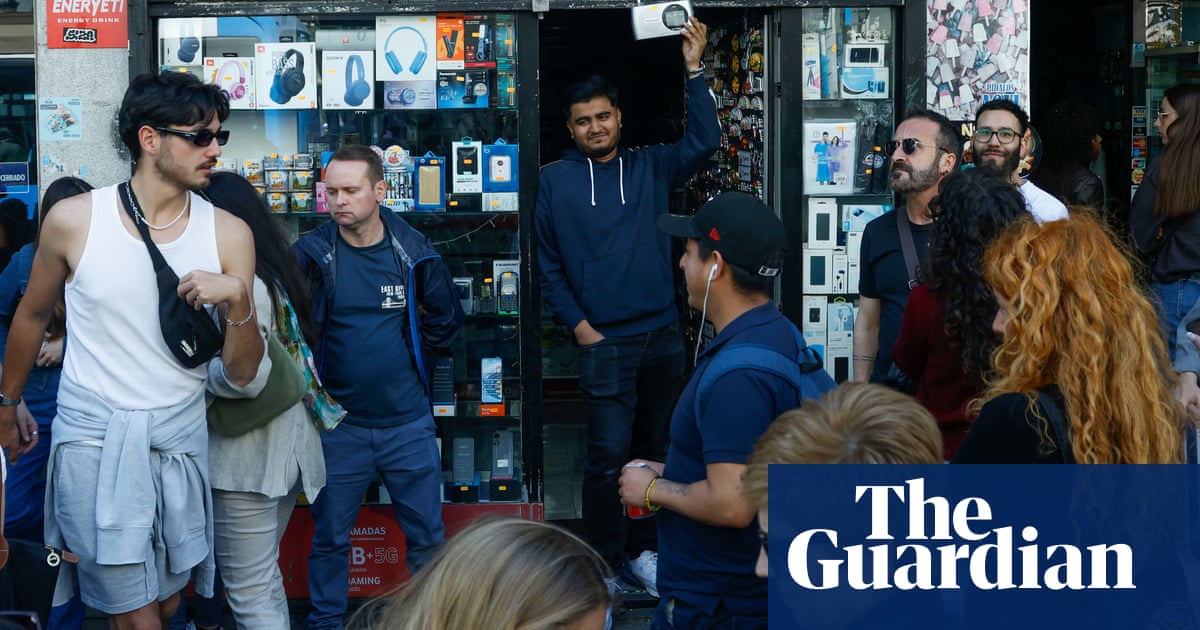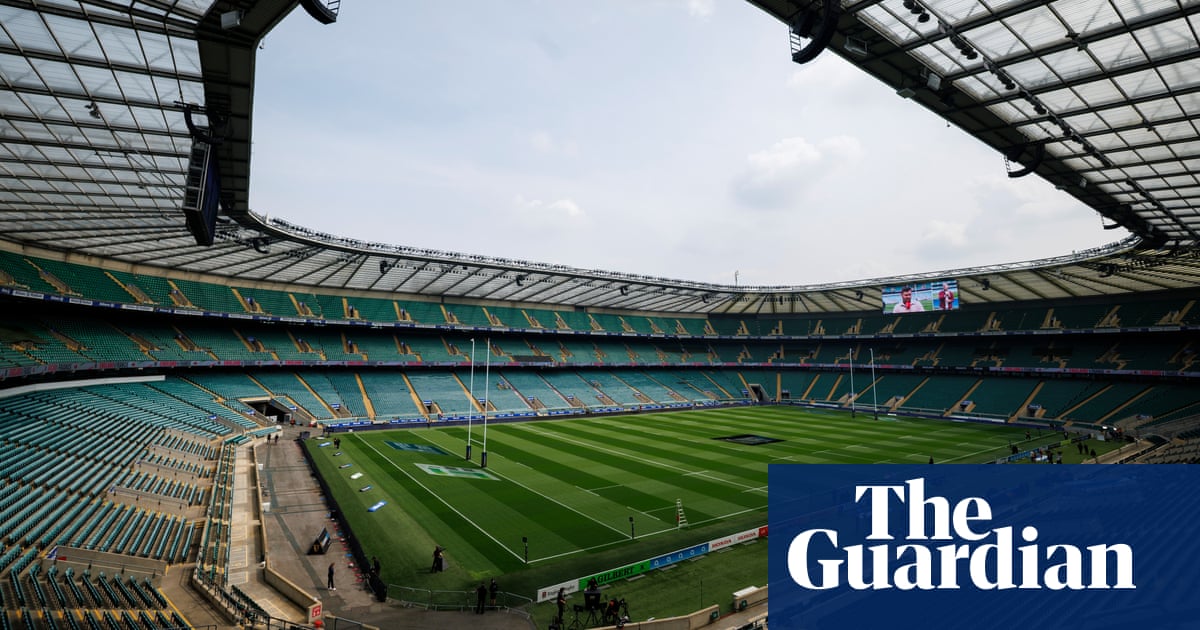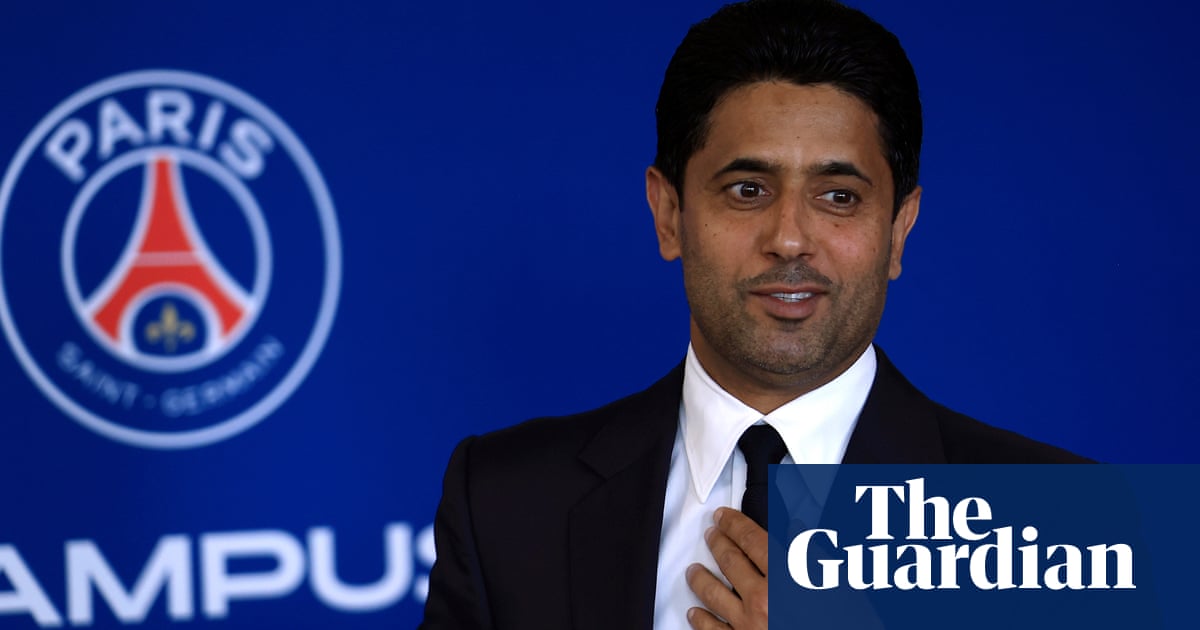For shopkeeper Sunil Singh, there is only one way for India to respond to last week’s attack by militants in Kashmir.
“Those terrorists and their supporters should be shot dead, and their houses should be blown up,” he said. “We should even use the air force and drop bombs on the residential areas where these terrorists find shelter. There should be a bloodbath in Pakistan to teach them a lesson.”
Since 25 tourists and one local guide were killed by militants last Tuesday afternoon, as they strolled peacefully through Kashmir’s verdant Baisaran Valley, much of the Indian public has been baying for vengeance. It was the deadliest attack on civilians in more than two decades in India’s restive region of Kashmir. The gruesome details of the attack from survivors – that the gunmen singled out the Hindu men and ruthlessly shot them – sent shockwaves of horror across the Hindu-majority country.
Pressure on Narendra Modi and his Hindu nationalist government to mount a military response has continued to grow. The prime minister himself promised to “identify, track and punish every terrorist and their backer”.
For many in India, that means only one thing: direct military action against their neighbour and arch-nemesis, Pakistan, which for decades has been accused of backing and bankrolling the violent separatist insurgency in Indian-administered Kashmir as it claims the territory fully as its own. The Modi government itself has said Pakistan has “linkages” to last week’s attack and two of the militants allegedly responsible are Pakistani.
The attack was initially claimed by a little-known insurgent group, the Kashmir Resistance Front – which India believes to be a proxy for the Pakistan-backed Lashkar-e-Taiba terror group – though they later issued a denial. In a bid to ward off military retaliation Pakistan can ill afford as it struggles with an economic and security crisis, the country’s prime minister, Shehbaz Sharif, promised a “neutral, transparent probe” into the incident.
So far, actions taken by the Modi government have included suspending the Indus Waters treaty, which for six decades had been a critical water-sharing agreement for Pakistan and provides 80% of water for its agriculture. Pakistani diplomats have been summoned and expelled and visas for Pakistanis suspended. Even several Pakistani YouTube channels have been banned, including those run by former cricketers.
But for many on the streets of Delhi’s busy Lajpat Nagar market, this was simply not strong enough, as the attack stoked decades old, deep-rooted anti-Pakistan sentiment. Singh said: “Pakistan is the root of the problem, and our military should go all out to teach them a lesson. Unless we break their back, these heinous acts will continue to occur. Our prime minister has our full support; our military has our full support.”
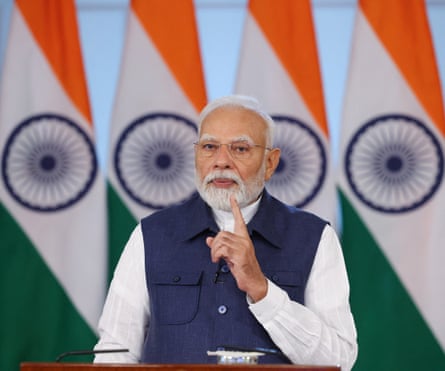
India and Pakistan have gone to war four times since independence in 1947. The last time India took military action against Pakistan was in 2019, though that had disputed results, leading to the downing of an Indian jet.
Among diplomats in Delhi, the widespread feeling was that India was preparing imminently for some form of contained military action in retaliation, that would nonetheless try and avoid escalating into a fully fledged war between the two nuclear-armed countries.
Retail businessman Sanjiv Mehra echoed the call for a military assault on Pakistan. He said: “There must be a military strike, not only on the people who carried out this attack, but also those who are training them in Pakistan. Our government must show confidence. Death should be avenged by death.”
Across India, the attack has also stoked and emboldened anti-Muslim sentiment, already rife in a country that has become increasingly polarised down religious lines under the last decade of the Hindu nationalist Modi government. Over the past week, calls for boycotts of Muslims and Kashmiris have become commonplace, particularly by hardline rightwing groups accused of persecuting Muslims, that have largely been given a free reign by Modi’s Bharatiya Janata party (BJP).
Vishnu Gupta, president of prominent hardline group Hindu Sena, said: “The attack in Kashmir was an attack on Hindus, and we will respond in kind – not only against Kashmiris but against every Muslim in India if the government does not take action. There should be a complete boycott of Kashmir by tourists to teach them a lesson.
“This is not merely a terrorist act but an Islamic terrorist act. If the government does not take action against the militants and their sympathisers, there will come a day when Hindus will react just as brutally against Muslims across India.”
This has also manifested in direct attacks and violence towards Kashmiri Muslims. Students and security guards have been attacked and run out of their hostels and their jobs, and Kashmiris across the country have returned home, fearing for their safety.
A Kashmiri engineering student in Punjab college, who spoke anonymously for his protection, described how he had stayed hidden in his apartment for two days after the attack, hearing that Kashmiris were being targeted, but eventually had to leave to buy groceries.
He said: “First I was abused by the shopkeeper, who refused to sell to me and threatened me that I will be killed if I do not leave immediately. Later a group of men confronted me and thrashed me with sticks, punched and kicked me. They were abusing Kashmiris and threatened that I will be killed if I do not go back to Kashmir. Then my landlord asked me to vacate the apartment.”
Kashmir, in the foothills of the Himalayas, has been disputed since Pakistan came into being in 1947. Both India and Pakistan claim it in full, but each controls a section of the territory, separated by one of the world’s most heavily militarised borders: the “line of control” based on a ceasefire border established after the 1947-48 war. China controls another part in the east.
India and Pakistan have gone to war two times over Kashmir, most recently in 1999.
As a search for the four gunmen responsible has continued, Kashmir – which has a long history of human rights abuses inflicted at the hands of the state – has faced a draconian crackdown, with more than 1,500 people being rounded up by police over the past week. Government forces have also been using explosives to unilaterally demolish houses in Kashmir of those alleged to be linked to militants, an increasingly commonplace tactic under the BJP nicknamed “bulldozer justice”.
Many surrounding houses in these densely populated areas have also been partially destroyed in the blasts. Fareeda Banu, whose home was damaged by the demolitions, said: “The soldiers arrived late at night and ordered everyone in the neighbourhood to gather in two houses on the outskirts.
“Then they told us to cover our ears. Seconds later, a huge blast shook everything violently. Our children screamed in horror. Why are we being punished for something we had no role in?”
In the aftermath of the attack, locals in Kashmir had taken out a candlelit vigil calling for peace and condemning the attack. The region’s top elected official, Omar Abdullah, said: “The people of Kashmir have come out openly against terrorism and the murder of innocent people.” He called on the central government not to take actions that would “alienate people”.
Abdullah said: “Punish the guilty, show them no mercy but don’t let innocent people become collateral damage.”

.png) 3 hours ago
5
3 hours ago
5

